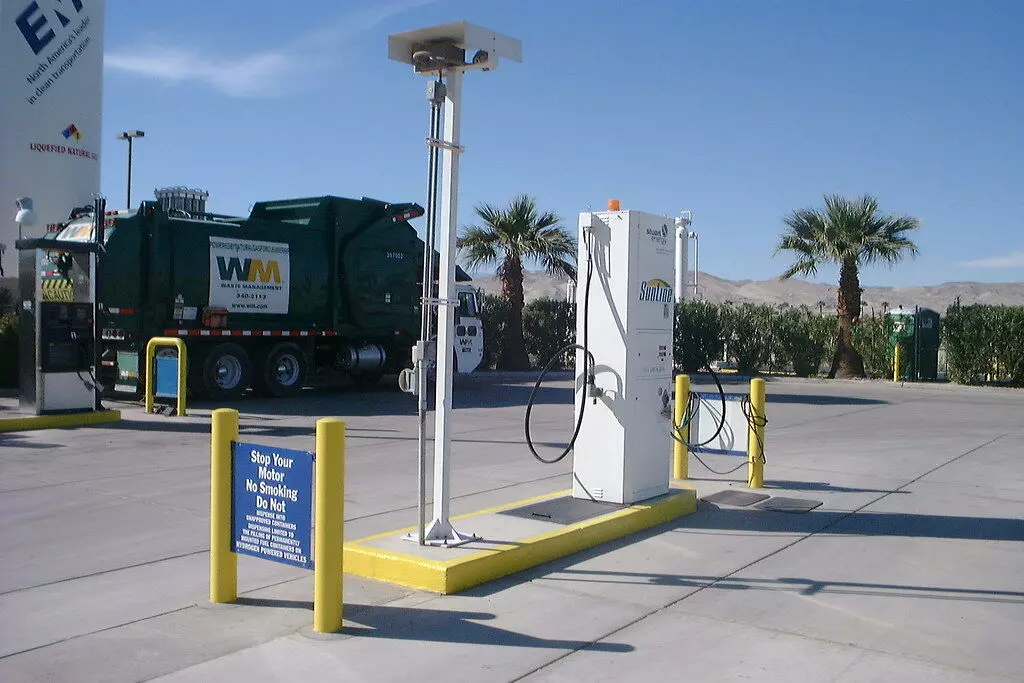
Hydrogen fuels may make us dependent on it despite emission levels: Study
text_fieldsAccording to a study, Hydrogen-based fuels (e-fuels) used in cars and home heating may create dependence on them for power, resulting in more emission levels than fossil fuels, the Guardian reports. The study published in the journal Nature and Climate change says that the resulting emissions from hydrogen-based fuels may pull the world down into a larger climatic crisis.
The research found that burning hydrogen-based fuels in boilers in houses requires 6-14 times more electricity than regular heat pumps for the same result. Energy is wasted in creating hydrogen, then the e-fuel, and later, in burning it. In the case of cars, e-fuel cars need five times more electricity than battery-powered cars. But direct use of electricity to power cars or heat home is more efficient, the study inferred.
The equipment like "hydrogen-ready" boilers will have to use fossil fuels since hydrogen-based fuels would become expensive and scarce in the coming decade. According to the study, this will lead to more carbon emissions. But few industries like aviation, shipping, steel and some chemicals would need hydrogen-based fuels by 2050 because of the difficulty in electrification in those sectors. The world would have to reach net-zero emissions then.
Though cheaper, renewable energy makes up only a tiny portion of total energy consumed globally, while the rest is out of fossil fuels. But if renewal electricity is used to produce e-fuels, it could be a better replacement for fossil fuels.
Producing hydrogen from water using electricity and using the by-product carbon dioxide to manufacture other fuels is a perfect replacement for fossil fuels. But the study argues that this cannot be done on a large scale and would fail to tackle climate crises. "Hydrogen-based fuels can be a great clean energy carrier, yet their costs and associated risks are also great," said Falko Ueckerdt, who led the research.
Prof Gunnar Luderer, one of the research team, said that as immediate emission reduction is a global requirement, direct electrification should be given priority.
Roman Sacchi, another team member, opined that we are far from 100 per cent renewable electricity. If produced with the current electricity mixes in Europe, e-fuels would increase greenhouse gas emissions, he added.
























